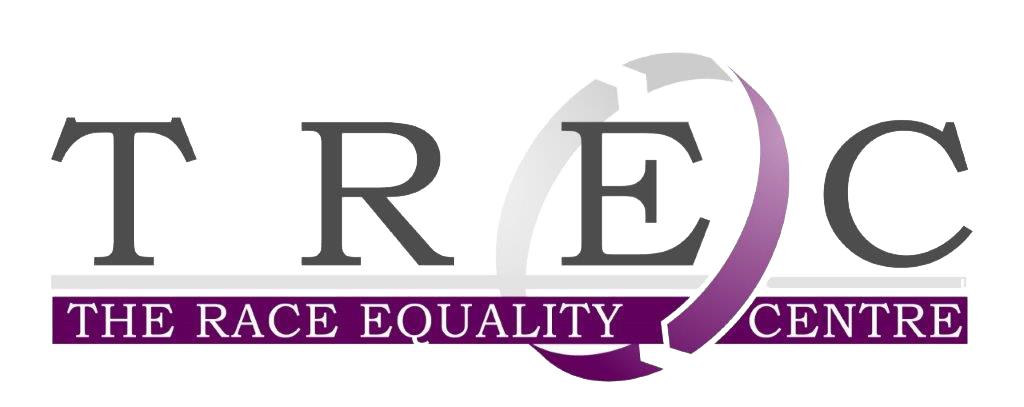What is the Nationality and Borders Bill explained.
The Nationality and Borders Bill was introduced to the House of Commons on 6 July 2021.
It makes changes to the UK immigration system as it relates to asylum seekers and refugees. It does this primarily by introducing a two-tier system for asylum seekers arriving in the UK, differentiating based on method of arrival.
UK’s proposed changes mean
• Restricting access to asylum by introducing a two-tiered approach in which only those who come to the UK through so-called safe and legal pathways will have access to the full benefits of the 1951 Refugee Convention. Most other refugees may be denied many of their rights under the Convention, as well as the fundamental human right to family reunion.
• Declaring many applicants “inadmissible” and ineligible to claim asylum in the UK because of their connection to a country the UK deems safe, including countries where they have never been or where they were unable to apply for refugee status. Because the UK does not have any agreements to return refugees to other countries, the result is that their cases are placed on hold for around six months, significantly increasing backlogs and costs.
• Introducing the possibility of “externalization” (sending asylum seekers to other countries the Home Secretary designates as safe).
• Introducing a new criminal offence of arriving in the UK without entry clearance. The maximum sentence for arriving without clearance, entering unlawfully, or overstaying will be increased to 4 years imprisonment. Those helping asylum-seekers come to the UK would also be criminalised, even when this is not ‘for gain’, and regardless of whether or not the asylum-seeker arrived irregularly.
• Changes to asylum procedures and safeguards, including accelerated appeals processes, centralized age assessment, and higher standards of proof for.
• Restricting access to the National Referral Mechanism for victims of trafficking.
In the past four years, UNHCR has on average resettled 51,828 refugees per year globally against estimated needs for 1.4 million places. Because of COVID and other limitations, only 22,770 were resettled through UNHCR last year, with 829 arriving in the UK.
Under resettlement, UNHCR and its partners (NGOs, religious and civic groups) seek to identify those most at risk or in need and submit them to potential host countries.
Refugees cannot simply apply for resettlement (the list would be unmanageable and run into decades), and people who are displaced or being persecuted within their own country are not eligible. So, while most refugees and victims of persecution remain where they are, others take the risk of moving further afield, often to countries where they have family members or friends who can help them integrate and where they feel safe. hough important, pales in comparison to needs. In the past four years, UNHCR has on average resettled 51,828 refugees per year globally against estimated needs for 1.4 million places. Because of COVID and other limitations, only 22,770 were resettled through UNHCR last year, with 829 arriving in the UK.
Under resettlement, UNHCR and its partners (NGOs, religious and civic groups) seek to identify those most at risk or in need and submit them to potential host countries. Refugees cannot simply apply for resettlement (the list would be unmanageable and run into decades), and people who are displaced or being persecuted within their own country are not eligible. So, while most refugees and victims of persecution remain where they are, others take the risk of moving further afield, often to countries where they have family members or friends who can help them integrate and where they feel safe.
No one would attempt to cross the Channel in a small boat if they had another choice. But refugees have no safe way to travel to the UK to claim asylum. The government knows this, and it could get to work creating those routes - such as a special refugee visa, allowing a person to travel from France to the UK for their asylum claim. Instead, it throws money at headline-grabbing, tried-and-failed policies intended to 'deter' refugees. The anti-refugee borders bill currently being debated in Parliament is a copy and paste attempt at these cruel, failed policies.
Source
UNHCR
JCWI
The Law Society
